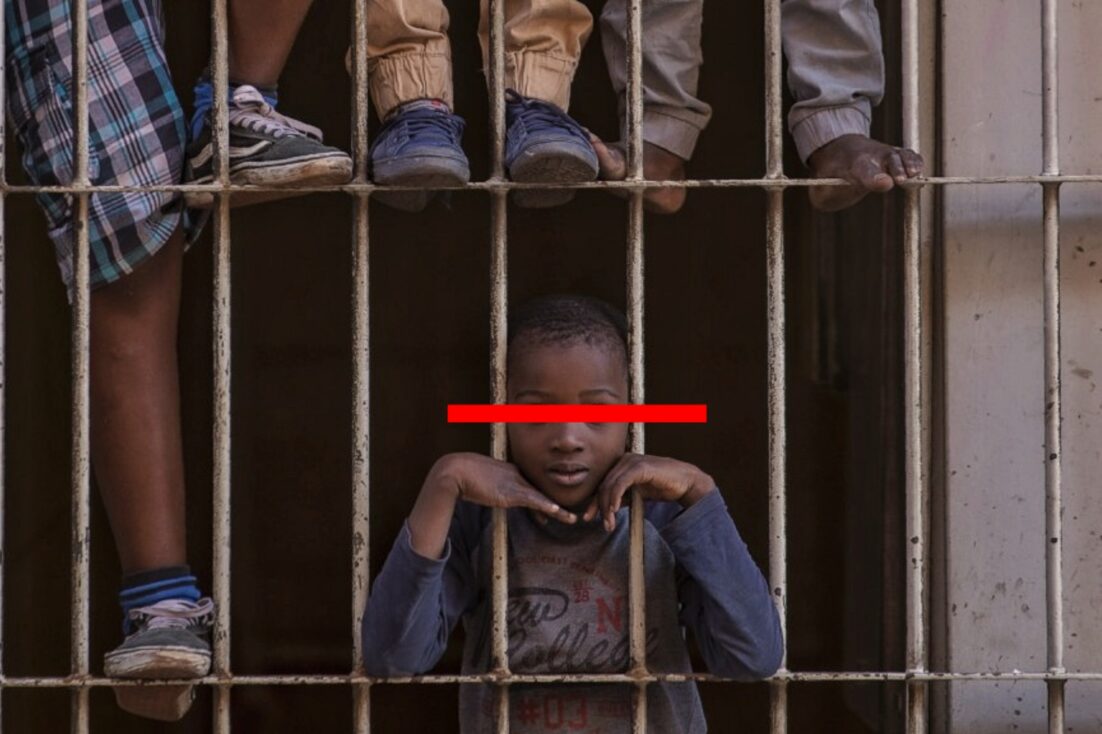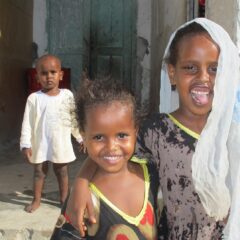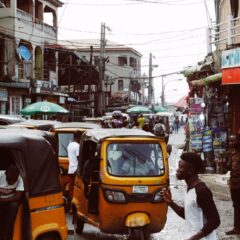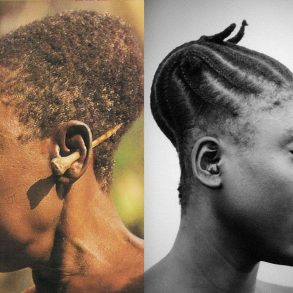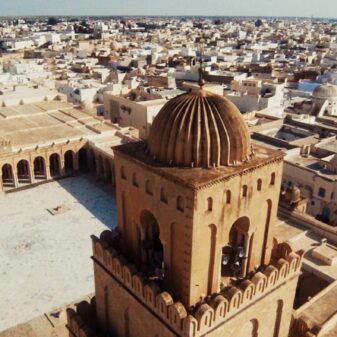In March 2019, a family in Suleja, a satellite town, is missing a child. Usama is supposed to be home with his father by the evening but he’s nowhere to be found. Someone suggests the missing child might have been arrested and taken to the remand home in Minna. Usama’s parents can’t afford a journey to Minna so they desperately pray to Allah for their son’s return. Usama isn’t returning. Usama Haruna is shackled in an overcrowded Remand Home in Minna with 30 other children with no hope of leaving. This is a non-fictional story but such is the life of the many child prisoners in Nigeria who make up 43.2% of prisoners in Enugu, 25.9% in Kano and 30.9% in Lagos prisons according to a 2016 Prison Census report by the Prisoners Rehabilitation and Welfare Action, (a non-governmental organization) with over two decades of critical interventions in prisons reforms in Nigeria.
Who is a child prisoner?
A child prisoner is an incarcerated person who is below the age of 17. This isn’t to be confused with juvenile delinquents; teenage offenders, sometimes kept in juvenile homes for very short periods of time with the aim of rehabilitating them.
In Nigeria, remand homes and prisons are only different in names and the age of its inhabitants. Rehabilitation intentions are only on paper as children as young as 9 years are held for the pettiest of crimes or even mere suspicion and left to rot in squalid conditions and sometimes subjected to physical, mental and sexual abuse, most times without trial.
What does law say?
Laws on the rights of the child and who is a child is mainly based on Young Person’s Law adopted in 1943, the Child Act enacted in 2003 (practiced in select states) and Sharia law (mainly used in Northern States).
The Young Person’s Law defines a child as under 14 and a young person as aged 14-16. It also states 7 as the age of criminal responsibility. In southern states, the Criminal Procedure Act defines an infant as under 7, a child as under 14, a young person as aged 14-16, a juvenile offender as under 17.
Article 215(1) of the Children’s Rights right act states that the liberty of a child offender should only be restricted after careful consideration of the case, including the use of alternative measures of dealing with the child with the restriction limited to the possible minimum and also that a child should not be deprived of liberty unless of a serious offence involving violence against another person or persistence in committing other serious offences and this if there is no other appropriate response that will ensure public safety.
Article 221(1) of the Children’s Rights right act 2003 states; “No child shall be subjected to the death penalty or have the death penalty recorded against him.”
Article 12 of the Children and Young person’s Law states; “Sentence of death shall not be pronounced or recorded against an offender who has not attained the age of seventeen years at the time the offence was committed…”
Flaws of the system
The major setback is that laws in Nigeria are mostly theoretical. The average law enforcement agent has very little regard for the law. Both the Young Persons Law and the Child Act prohibits the death penalty on child prisoners. Many face the death penalty for crimes committed as minors regardless. In 2010, 40 prisoners were on death row for crimes committed as minors.
Ambiguity from the government and the law itself further exacerbates issues. The government decried death penalty for minors on being examined by the UN committee in 2010. Despite this, no official information regarding the death penalty has been made since 2002. The Young Persons Law sets the minimum age of criminal responsibility at 7 but if a child below that age commits a crime, they will be brought before the juvenile court. The Child Act, on the other hand, does not provide a specific age of criminal responsibility.
In 2020, 13 year old Omar Farouq was convicted and sentenced to 10 years in prison for blasphemy in a Sharia court in Kano state in clear violation of the constitution . Blasphemy is also not recognized in the Nigerian constitution. The conflicting laws practiced by some states give rise to such situations.
Why the high numbers?
There are various reasons why there are high numbers of child prisoners in Nigeria, in a United States country human rights report on Nigeria, it was stated that many of Nigeria’s child prisoners were born in the prisons and now serve terms with their parents. This means that some Nigerian children have only known the prison life, since they were born. Some Nigerian child prisoners got into the prison life because of Nigeria’s injustice system, Mr Yakubu Jubril, a Chief Social Welfare Officer with the Lagos State Ministry of Youth and Social Development let it be known that many of Nigeria’s child prisoners are being held wrongly. “We have found out that some of these children did not actually commit the offences levelled against them. Some of them were unduly raided by the Task Force,’’ he noted.
In conflict zones of the Nigerian northern region, the major reason for child prisoners is the Boko Haram war, the Nigerian forces lock up arrested children with little or no evidence backing arrest. These children are arrested because of mere suspicion of being part of the Boko Haram sect. “Abdulsalam,” a young man who was detained for nearly a year at Giwa barracks at age 17 in 2017 told Human Rights Watch: “I am not happy with Boko Haram because they killed my people. I also do not like the military because they detained me for no reason. There was nothing good about my experience in detention. My years were wasted in suffering.” There are many like Abdulsalam held in the conflict region of Nigeria.
What about Nigeria’s juvenile centres?
If you take a visit to a Nigerian prison and then another visit to a Nigerian juvenile centre you won’t be able to tell the difference between the two except for maybe the age difference of inmates. Almost all Nigerian juvenile centres lack potable water, toilets and other basic amenities. Children in them are crammed into cells and forced to sleep in one position all night long like slaves. They do not have access to medical care, mental health care, education or good food. A visit to a Nigerian juvenile centre will tell you that Nigeria really needs reformed juvenile centres as already existing centres are no different from adult prisons, some even worse.
An investigation which was supported by the Institute for War and Peace Reporting, IWPR, and the International Centre for Investigative Reporting, ICIR, revealed that children at the Benue Remand Home in Gboko stay up in one room and use one toilet as the main building meant to house them has been blown off. The report also revealed that children in that remand home, just like many more remand homes in Nigeria, lack access to both formal and informal education. How then are they supposed to learn? Some do not even know why they are being held in the remand homes.
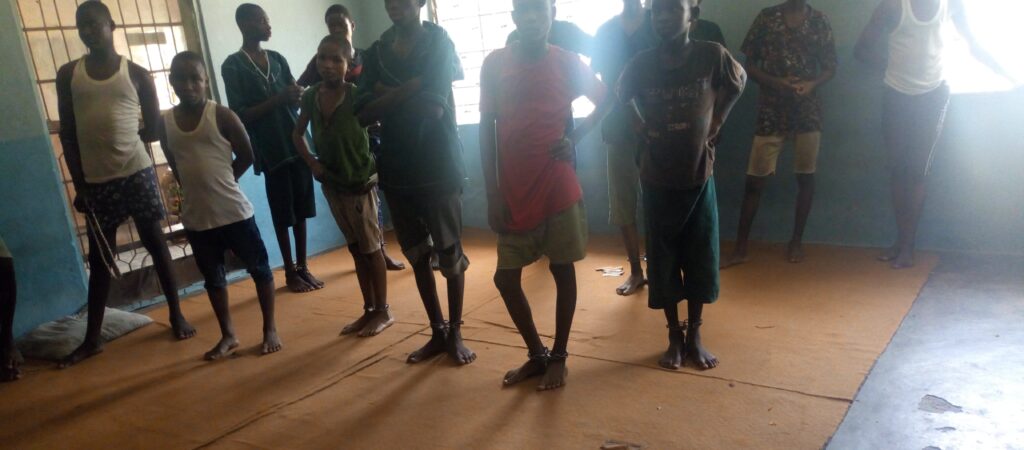
What you can do
In September 2020, human rights activist and three-time Pulitzer prize winner Jo Becker, accused the Nigerian military of unlawfully detaining thousands of children as Boko Haram suspects. In tune with their typical character, the government denied these allegations and denounced the findings whilst releasing 25 children detained in Giwa barracks. The following week, another 86 were freed. By the 8 of March, 2020, a total of 333 children had been released. The case of Omar Farouq was retried in a secular court and was subsequently acquitted after he made headlines on the internet and sparked international outrage.
All these go to show that no action is trivial in the fight against child imprisonment and that raising awareness about the issue drives solutions to it.
The awesome people at Forever Gratis, an African student led group has partnered with our parent organization, Imaginact to gather all of us (yes, including you!) to raise awareness on the issue. To join this movement SIGN THIS PETITION TO THE NIGERIAN FG TO ESTABLISH JUVENILE CENTRES & GET UNLAWFULLY HELD CHILD PRISONERS OUT OF PRISON .
